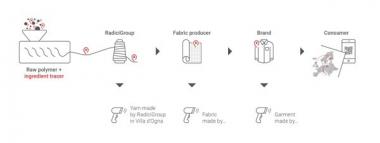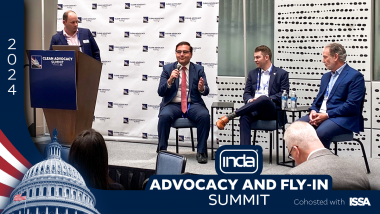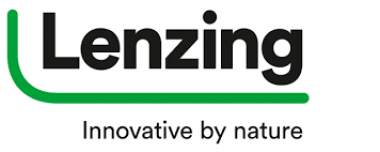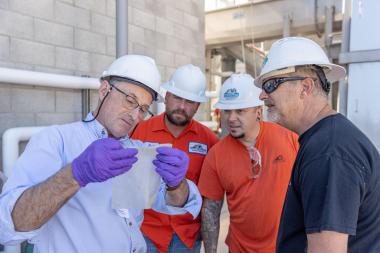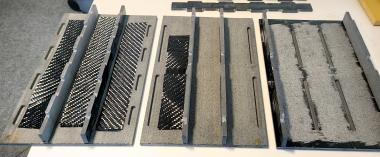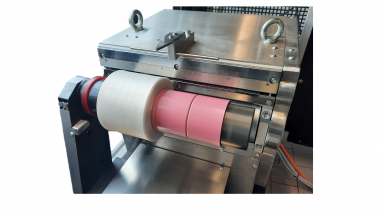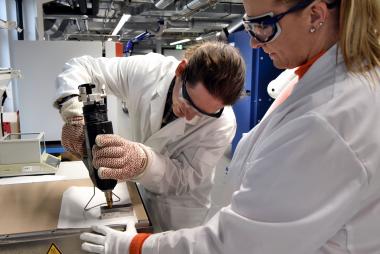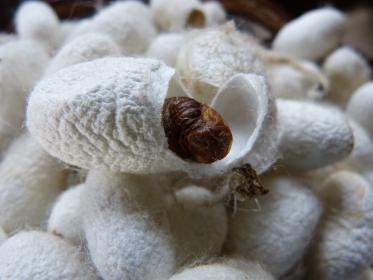RadiciGroup: a Physical and digital nylon traceability
RadiciGroup announced the launch of the first physical and digital nylon traceability project at Techtextil 2024. A gilet made from the yarn manufactured in one of the Group’s European industrial sites, which, thanks to a QR code on the garment, can reveal its origin and display information about its production process.
Product traceability is a key element in guaranteeing transparency along the entire supply chain, as it means each stage of production – from spinning to weaving and from packaging through to retail – can be monitored and recorded. The project, made possible by a partnership with FibreTrace, allows manufactured nylon yarns to be traced both physically and digitally. In fact, RadiciGroup inserts a tracer (an inorganic additive) that is uniquely associated with the yarn and remains identifiable throughout all stages of processing – on both the fabric and the finished garment. Naturally, the tracer does not alter the esthetical, functional and technical performance of the yarns in any way.
In terms of digital traceability, during the production stages a scanner detects the presence of the tracer and can transmit the data relating to provenance onto a dedicated digital platform. Finally, the consumer, via a QR code, can access the digital platform that provides all information concerning the provenance of the product and its journey through the supply chain.
“This project is the result of almost two years’ work by our Research & Development team. We’re very proud to bring to the market the first physical and digital nylon traceability solution and we plan to extend this initiative to other fibres produced by the Group,” emphasised Filippo Bona, R&D Manager of RadiciGroup Advanced Textile Solutions.
RadiciGroup


